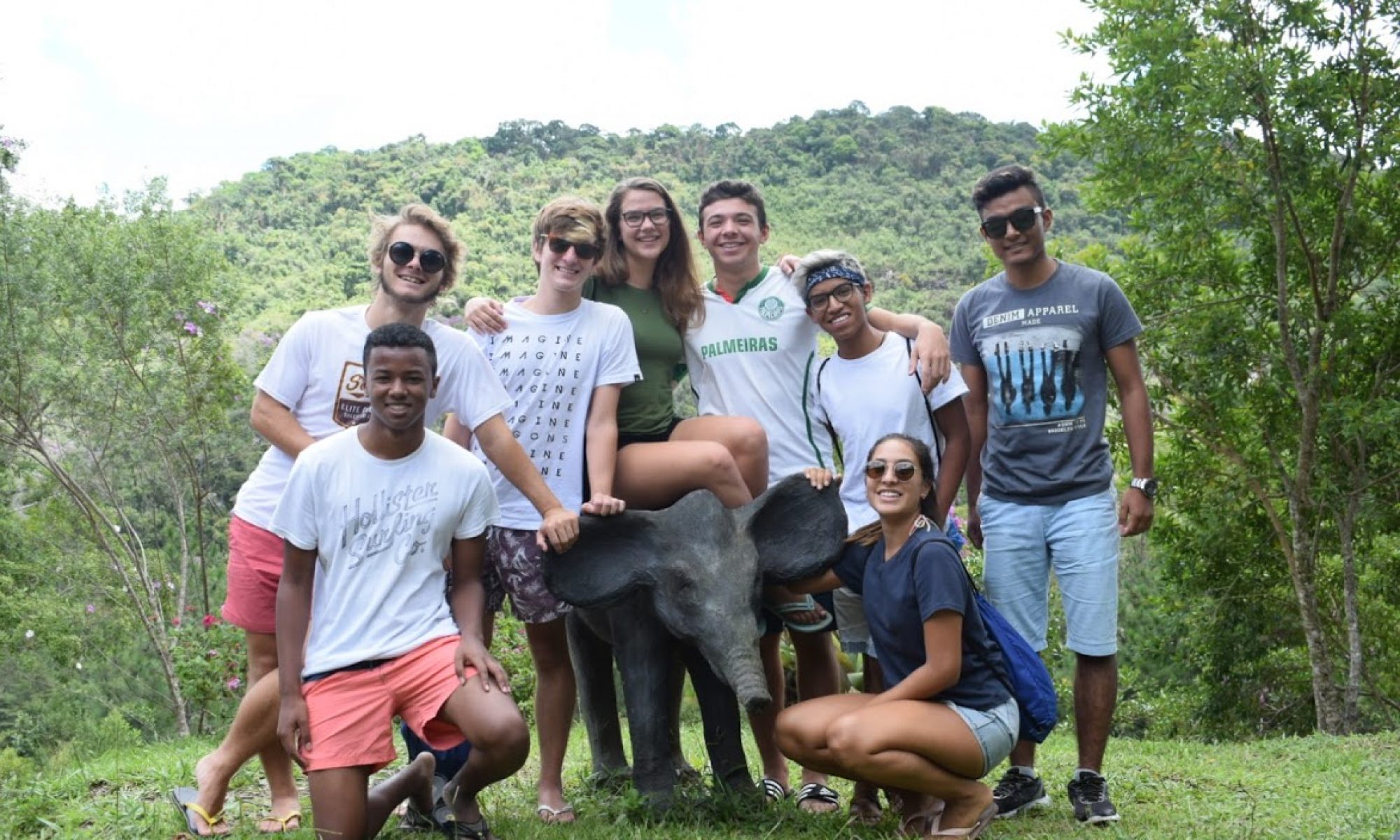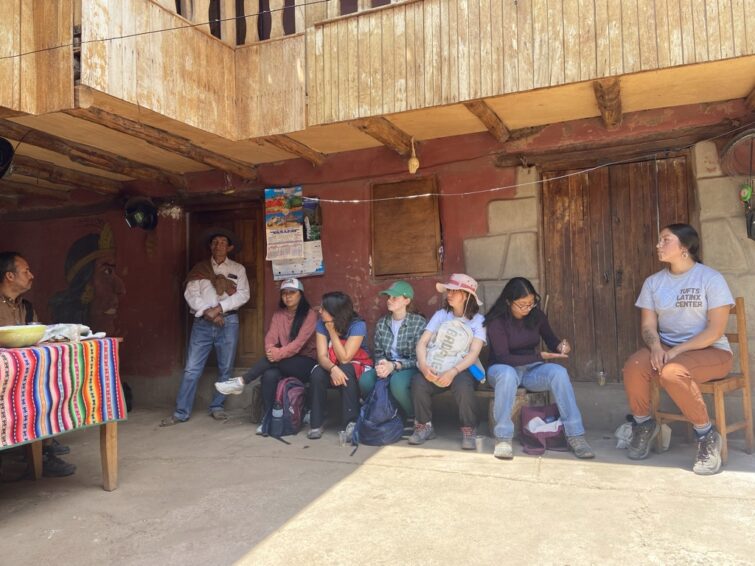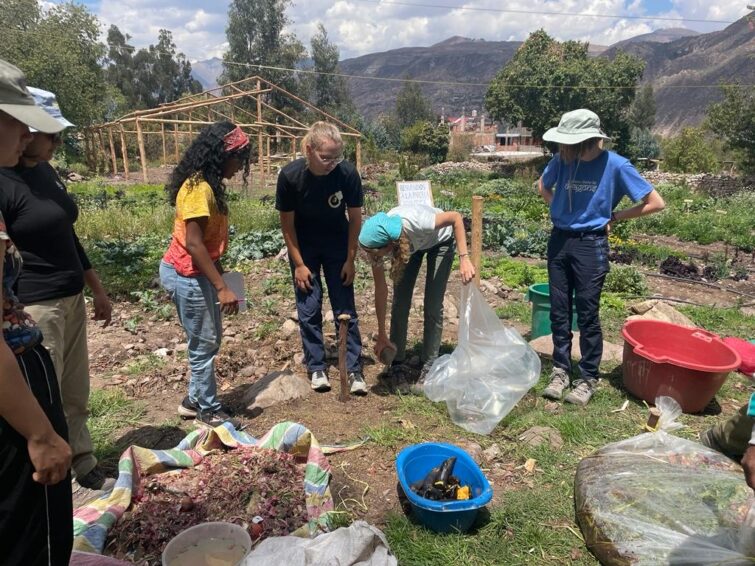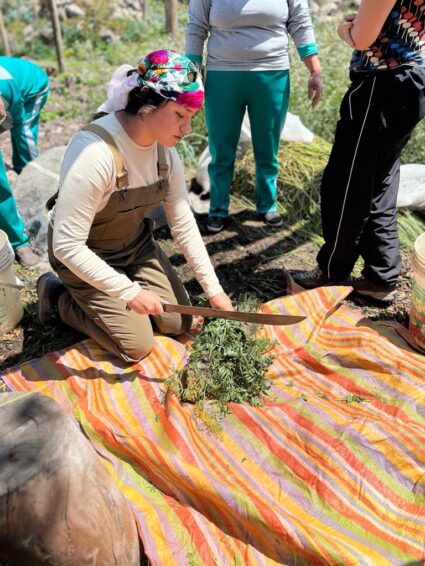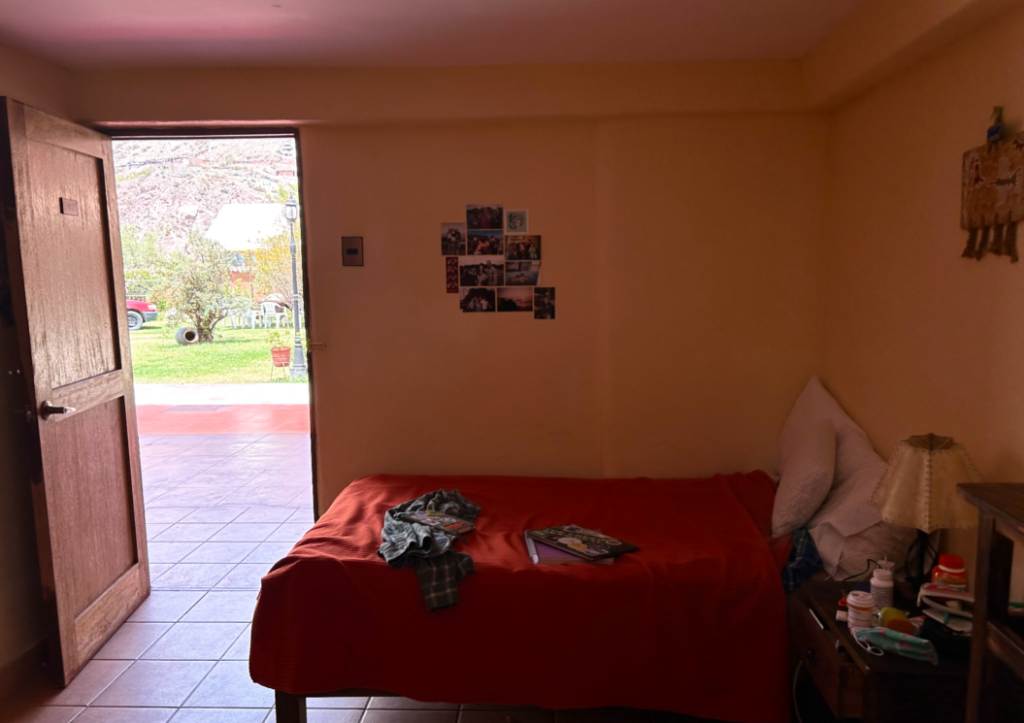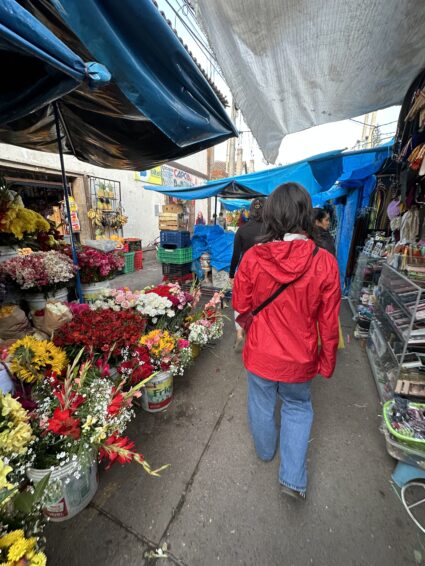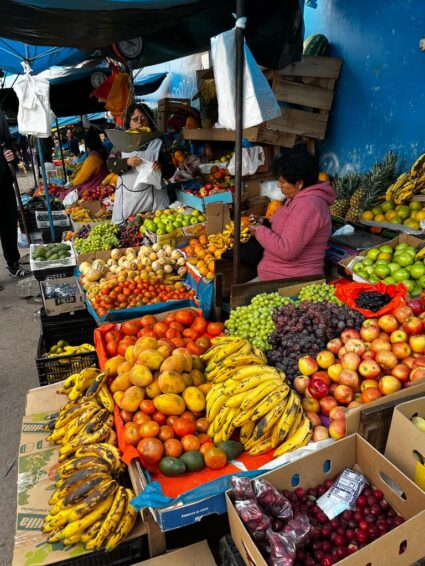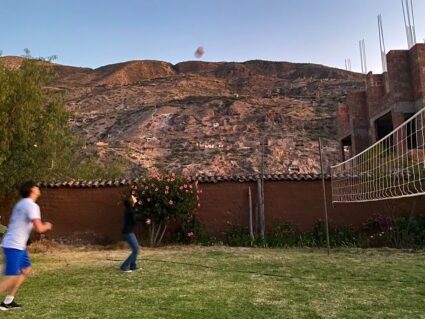by Emma, Civic Semester Participant
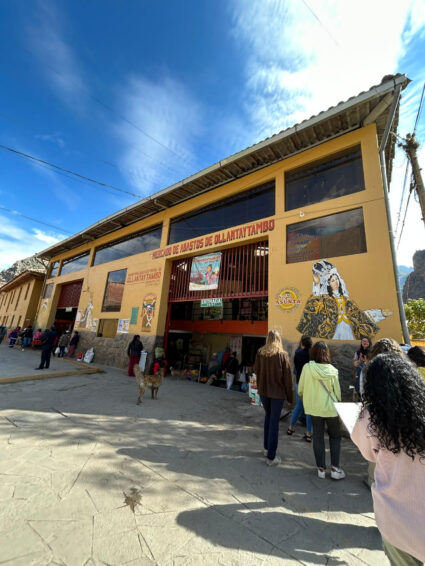
Imagine that you are pregnant, very close to giving birth to your child. You live in a remote region– an 18 hour walk away from the nearest medical center. The medical center may not even have staff willing to speak your language, Quechua, the indigenous language. In Peru, it is mandatory to give birth in a health center, and if you do not, you must pay a fine to have the child legally registered, which is something you cannot afford. If you needed a C-section, or any surgery, you would need to travel another two hours by car to Cusco.
Sacred Valley Health, or Ayni Wasi, is a community-based, public health non-profit devoted to providing access to healthcare in remote areas. They currently work with 14 campesino (agricultural) communities, each an average of four hours walking distance to the nearest town, Ollantaytambo. This organization trains volunteers from the campesino communities to be promotoras, who provide health education and basic medical care such as house visits. The program to train these promotoras lasts two years and ensures that volunteers are well prepared for a variety of situations, including domestic violence, applying tourniquets, anemia, and diarrhea. They also are trained in preventative health, helping others with hygiene and safe water/ cooking practices. The programs are crafted for the communities they are serving and for the volunteers’ learning– the evaluations and course manuals are all mainly photos because many of the potential promotoras cannot read or write. Three out of the seven staff are from local areas, and they must approve each step of the program-creating process. Ayni Wasi surveys community members to see what they believe should be included in the programs. There are currently 57 total promotoras throughout the 14 communities.
Continue reading “Ayni Wasi”